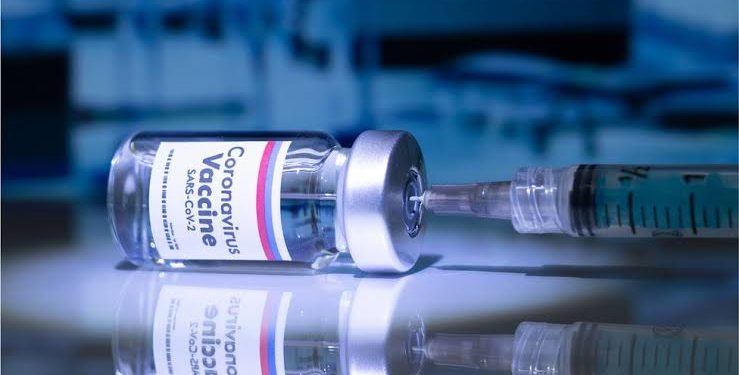- Tax officers have recommended a minimal cess or surcharge on income to fund the tax deficit.
- Suggestions have come from experts to impose a 1-2% vaccine cess on income to fund the vaccine roll-out.
- Till yet, the Centre has rejected any such proposals even as the economy is struggling to grow.
THD NewsDesk, New Delhi: It is recently being discussed that a “vaccine cess” could feature in the Union Budget to cover the Covid-19 vaccine roll-out costs. The possibility is being considered in the dip’s backdrop in the country’s economic growth and restricted sources of revenue. On the one hand, where the economy is starting to lift post the crushing dip in the first quarter, on the other hand, there is a great strain on the budget, and the government is expecting a low revenue as the year closes on 31 March 2021.
Moreover, there is a growing need to increase the consumption rate to bring the Indian economy on track again, particularly in infrastructure and other job-generating sectors.
The Centre has promised to sponsor the cost of 3 crore vaccine shots for the first phase via PM Cares, which has put an additional burden on the government as the estimated bill is over Rs 60,000 crore. The initial order of 11 million shots, for which orders have been placed, is estimated to cost around Rs 220 crore.
Although many tax officers have proposed that a minimal cess or a surcharge on income be imposed to fund the tax deficit as previous governments have adopted this method, the finance ministry has rejected this suggestion.
“A 1-2% cess on income may not have a key impact,” says a consultant working at a leading firm.
Contrary to the government’s decision, many tax consultants do not see any issue with imposing a vaccine cess. However, the government has only abolished the indirect tax on certain basic goods and services and not on so-called luxury and sin goods to compensate for the loss.
Source – ET HealthWorld
























